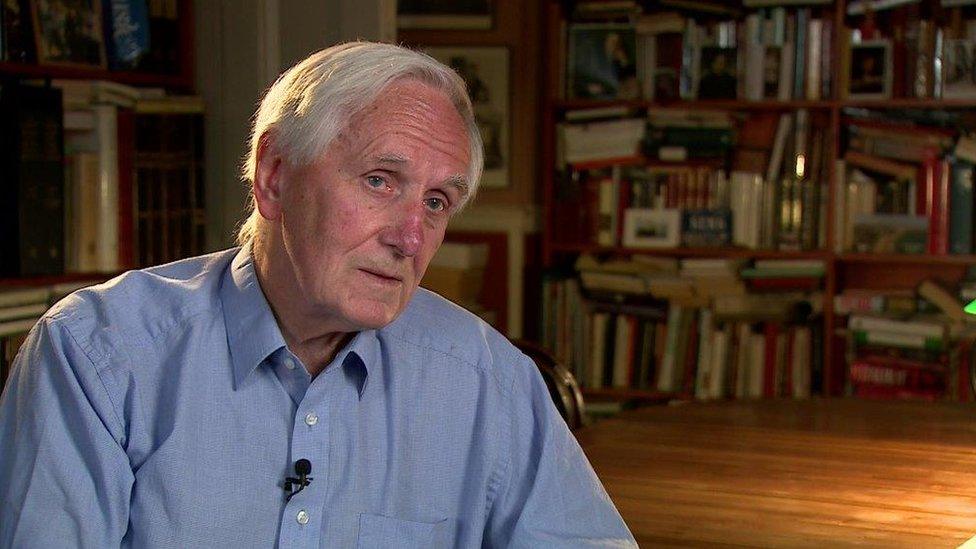Drop in women's life expectancy in Wales 'worrying'
- Published

Women's life expectancy has fallen in Wales while the rest of the UK remains stable, according to new figures.
After a 10% drop in the previous five years, between 2011 and 2016 mortality rates rose by 2.1% for women in Wales.
Meanwhile mortality rates continued to fall in England and Scotland.
One expert said the death rate needed to be taken "very seriously" and health officials should examine the causes and see if the trend could be reversed.
"Of the groups we've looked at, the only area in the UK which has shown a worsening in terms of life expectancy is females in Wales since 2011," said Nick Stripe, from the Office of National Statistics, who provided the statistics.
Meanwhile, mortality rates for men in Wales have fallen by the smallest proportion of UK nations over the same period.
The UK has experienced continuing falling mortality rates - the number of deaths recorded per 100,000 people - and rising life expectancy since the 19th Century.
This is thanks to improvements in health care and how we look after ourselves.
Men smoking less and doing fewer strenuous manual jobs have also helped close the gap with women over time.
People in Wales can expect to live four years longer than they did in 1990 - so men can expect to live to the age of 79 and women's life expectancy is 83.
But there has been a slowing down, most marked since 2011. The ONS believes one reason could be that reductions in smoking and heart disease, driving improvements, may largely now have been realised.
The latest figures also show:
A slowdown in the mortality rate in all UK nations, but men's mortality rate in Wales had only fallen by 1.2% from 2011 to 2016
With people living longer, the ONS figures also suggest more older people are dying of dementia - particularly women over 90 - as mortality rates for cancer, circulatory and respiratory diseases have been falling
The slowdown in life expectancy improvements was also evident in countries across Europe, North America and Australia but the UK had experienced "one of the largest slowdowns"

Prof Sir Brian Jarman said the data was a "bit worrying"
Prof Sir Brian Jarman, an expert on mortality rates from Imperial College in London, said there had been a levelling off since 2011.
"For females [in Wales], the change from 2011 to 2016 is in fact an increase in mortality and is a bit worrying and one has to wonder that the cause is," he told BBC Radio Wales.
"It seems to be mainly in people who are elderly and related to the mental and behavioural disorders [including dementia]."
He said health officials should investigate to see which particularly diagnoses are the ones which are most responsible and "concentrate, particularly preventive services but anything they can do to try to reverse the trend, if at all possible.
"It's a good moment to start taking it very seriously now."
- Published7 August 2018

- Published15 February 2018

- Published14 May 2018
